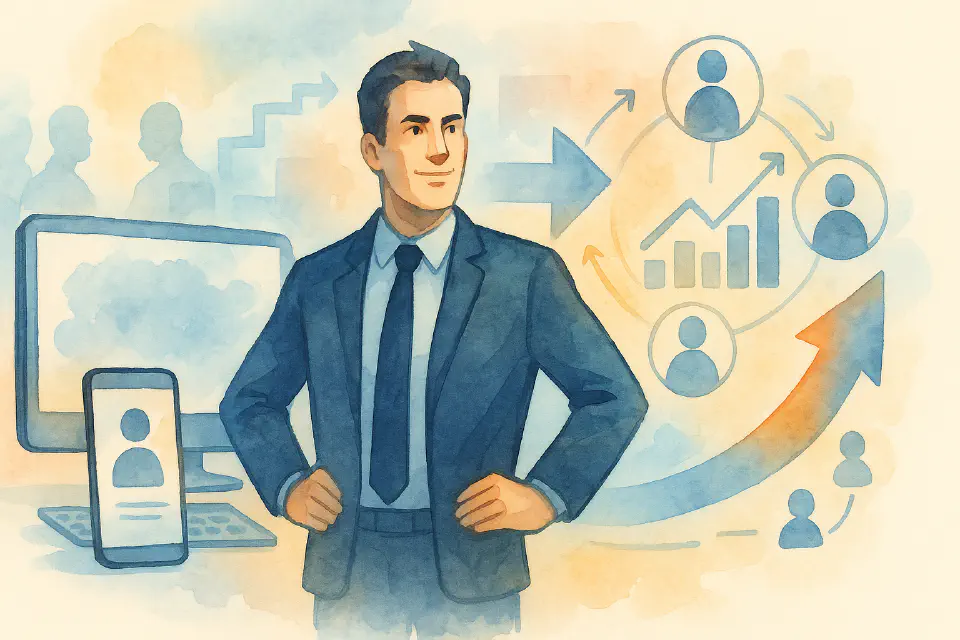
Digitalization and Cultural Shift
You can’t go digital with an analog culture. True HR transformation demands both tech and trust.
Going digital in HR is not just about buying new software. It’s about transforming the way people think, work, and interact. Digitalization without cultural change is just automation. For HR transformation to succeed, technology must go hand in hand with a shift in organizational mindset.
1. From Process-Centric to People-Centric
Traditional HR focused on enforcing rules and running transactions. Digital HR flips the lens: it starts with employee experience.
- Designing intuitive, mobile-first HR services
- Using design thinking for user-centered process redesign
- Shifting from compliance focus to empowerment
2. Transparency, Trust, and Autonomy
Digital tools expose data, enable self-service, and flatten hierarchies. But with visibility comes responsibility. HR must nurture a culture of trust and accountability:
- Open access to learning, career paths, and feedback
- Empowering employees to manage their own development
- Clear boundaries and digital ethics
3. Continuous Learning over Static Roles
Digital transformation accelerates change—jobs evolve quickly, and static roles are outdated. Cultures must embrace lifelong learning and curiosity:
- Encourage experimentation and rapid iteration
- Promote psychological safety for trying new things
- Normalize cross-functional mobility
4. Data Literacy and Evidence-Based Mindset
Digital HR runs on data. But tools are useless without people who understand and act on insights.
- Train HR and managers in people analytics
- Use dashboards to drive decisions, not just report outcomes
- Shift from opinions to hypotheses and testing
5. Flattening Hierarchies and Agile Teams
Digital tools foster collaboration and responsiveness, but they challenge traditional hierarchies:
- Empower networks of teams with clear goals
- Replace rigid approval chains with trust-based workflows
- Embrace asynchronous, cross-border collaboration
6. Breaking Silos through Platforms
From onboarding to performance to learning, digital platforms integrate formerly siloed experiences. Culture must evolve to support connected journeys:
- Cross-functional ownership of processes
- Shared responsibility for employee experience
- Unified data and feedback loops
7. Role of Leadership in Culture Shift
Leaders must model the change they expect to see:
- Use digital tools themselves (not just delegate)
- Communicate openly, frequently, and authentically
- Reward behaviors that reflect the new culture
Final Reflection
Digitalization without cultural shift is like putting a jet engine on a horse cart. Technology amplifies culture—whether good or bad. To succeed in HR transformation, start by asking not just what tools to use, but how your people and organization need to evolve.